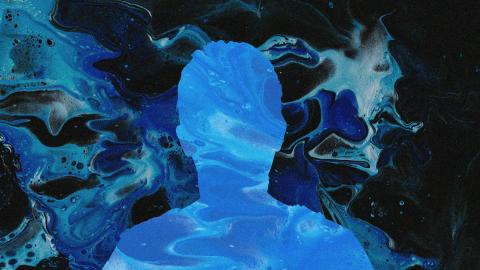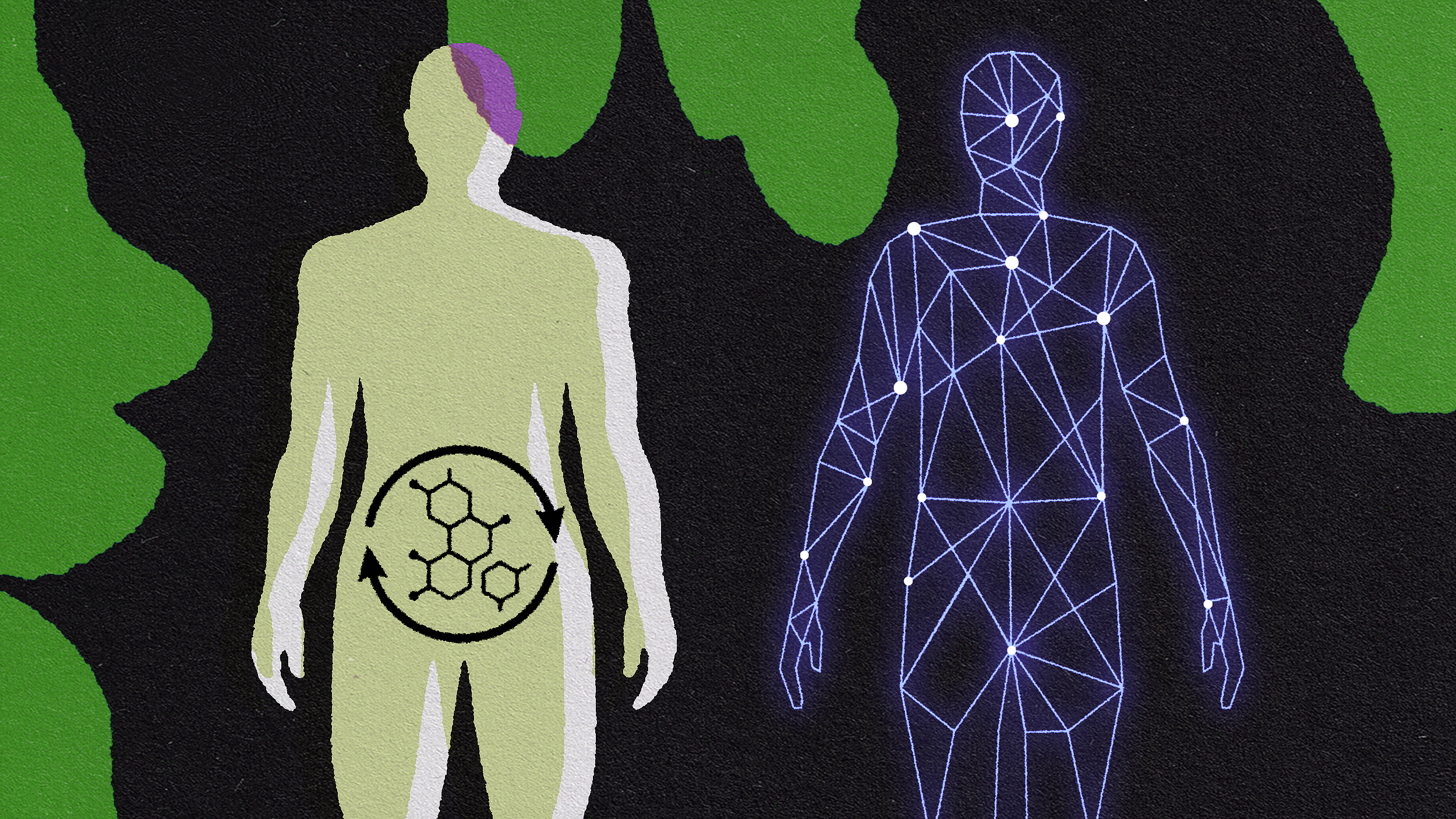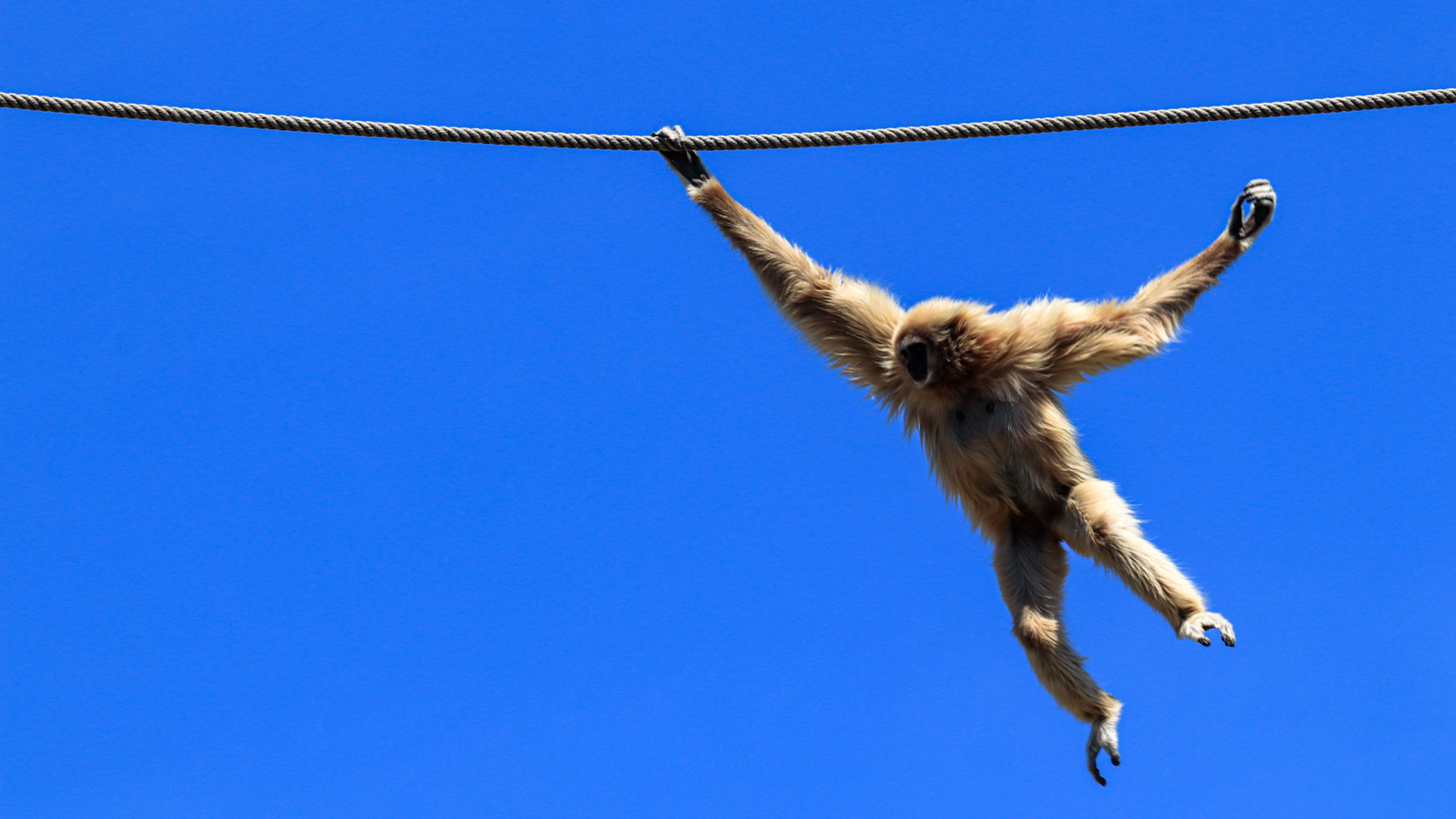A gruesome death: the macabre science of dehydration

Unsplash / Big Think
- When our bodies are deprived of water, they take water from other organs, ultimately leading to organ failure and brain shrinkage.
- Dehydration is considered one of the most painful and protracted deaths a human can experience.
- Every year, more athletes die from overhydration than dehydration.
In 1994, the Italian athlete Mauro Prosperi entered one of the most intense and grueling endurance races in the world: the Marathon des Sables. This six-day ultra-marathon takes place in the Sahara desert, and it pushes people to the limits of their mental and physical abilities. The temperatures of the race can reach up to 50 C° (122 F°), and the average runner drinks 13 liters (3.4 gallons) per day, most of which comes straight out as sweat.
But for Mauro, things were even worse than that. After a sandstorm, the former Olympian was caught alone for ten days in the desert without a support team or supplies to help him through. Over the course of his wandering, Mauro stayed alive by storing his earliest urine in bottles — since this had the highest water content — and drinking it later on. He killed and ate twenty bats and drank their blood in the hope of staying hydrated. Luckily, it worked just long enough. Eventually, he came across a goat herder, and his long recovery began.
But in such a short time, his body was wrecked by dehydration. His eyes were nearly ruined and his liver was seriously damaged. He could not eat anything other than soup or water for weeks, and it took him two years to fully recover.
Walking bags of water
It has long been known that hydration is essential to a properly functioning body. Our bodies are 50 to 70 percent water, which means an average man will contain up to 40 liters (10.6 gallons). This can differ on any given day, and it largely explains why our body weight also can fluctuate by about 2 kg (5 pounds) per day.
It is recommended that we each drink roughly 3 liters (0.8 gallon) of water a day to replace the stuff we lose through breathing, sweating, and urinating. While this seems like a lot, for most of us, that water comes from drinks like coffee or soda, and up to 20 percent of it can come from the food we eat. Yet, on some days, we just do not drink enough, and it shows.
When we are mildly dehydrated, our bodies start to creak. We get headaches because, without water, the brain will contract ever so slightly, causing it to pull away from the skull. We get constipated because our body draws needed water from the large intestine. We get tired and find it hard to focus because, without water, our blood literally thickens, meaning the body has to work harder to get nutrients and oxygen to the organs.
It is thought that even a 2 percent drop in hydration levels can noticeably impede performance in a variety of areas. Usually, this can be easily resolved, but what happens if you continue to dehydrate? And why is it thought to be one of the most painful and protracted deaths that we can experience?
A gruesome death by dehydration
Imagine for a moment that someone was to lock the doors where you are right now. Assuming you had no emergency bottles of water, it would take you roughly seven days to die from dehydration. If you were lost in the desert with no water at all, it would take a day and a half.
When the body is forced into extreme situations like heat, cold, or water deprivation, it makes a tactical decision to withdraw resources from the least essential parts first. With dehydration, this initially happens in the kidneys. Our kidneys will reabsorb water that would have been used in urine, so this is why your urine gets darker when you are dehydrated — the urea concentration increases.
When this is still not enough, the body will draw water from your cells and organs to retain the necessary blood pressure to keep you ticking. Your eyes will contract to expose the conjunctiva, your lips will shrivel away entirely, your teeth and gums will project outward like on a skeleton, your skin blackens and dries out, and your tongue becomes a tiny piece of beef jerky. If you are cut, you are too dry to even bleed.
Only after days of this slow tortue will you die. With less and less water, the blood in your body will thicken, and your blood pressure will drop drastically. This means that all of the oxygen and nutrients in your blood will take a lot longer to get to your organs, and so they become deprived. Your brain, heart, kidneys, and liver begin to fail. Ultimately, your brain will start to shrink from osmosis in an attempt to hydrate the body (the brain has a lot of water), which eventually will cause you to die.
A finely tuned machine
When blood volume changes — that is, decreases through dehydration or increases through overhydration — the careful balance of electrolytes is disrupted. These electrolytes (potassium and sodium, mainly) are responsible for muscle contraction and conducting nerve signals, so an imbalance is extremely serious and potentially lethal.
This is why rehydration needs to be treated as carefully as dehydration. In 2007, fitness instructor David Rogers died after finishing the London Marathon, not because he drank too little but because he drank far too much. His was far from the only such death. Today, it is thought that more athletes die from overhydration than dehydration.
The problem is that when we feel really thirsty, it can take a while for the body (specifically, the hypothalamus in the brain) to register that it has enough water. If someone drinks 5 liters (1.3 gallons) of water in a short space of time, the body will whisk the fluid away to cells far too quickly. This causes sodium levels to become diluted (a state known as “hyponatremia”), which in turn causes organs like the lungs and brain to take on too much water and swell dangerously. This could cause you to faint or even die.
Hyponatremia highlights just how fragile our body’s homeostatic balance really is. While the human body can endure a great many things — and it really is hugely adaptable most of the time — it is also in many ways incredibly fragile. Even a day without a glass of water can impede our performance. After a few more days, you will be dead.
So, the next time you notice your urine darkening, remember that this is the first step your body is taking to prevent serious organ damage.
Jonny Thomson teaches philosophy in Oxford. He runs a popular Instagram account called Mini Philosophy (@philosophyminis). His first book is Mini Philosophy: A Small Book of Big Ideas.





